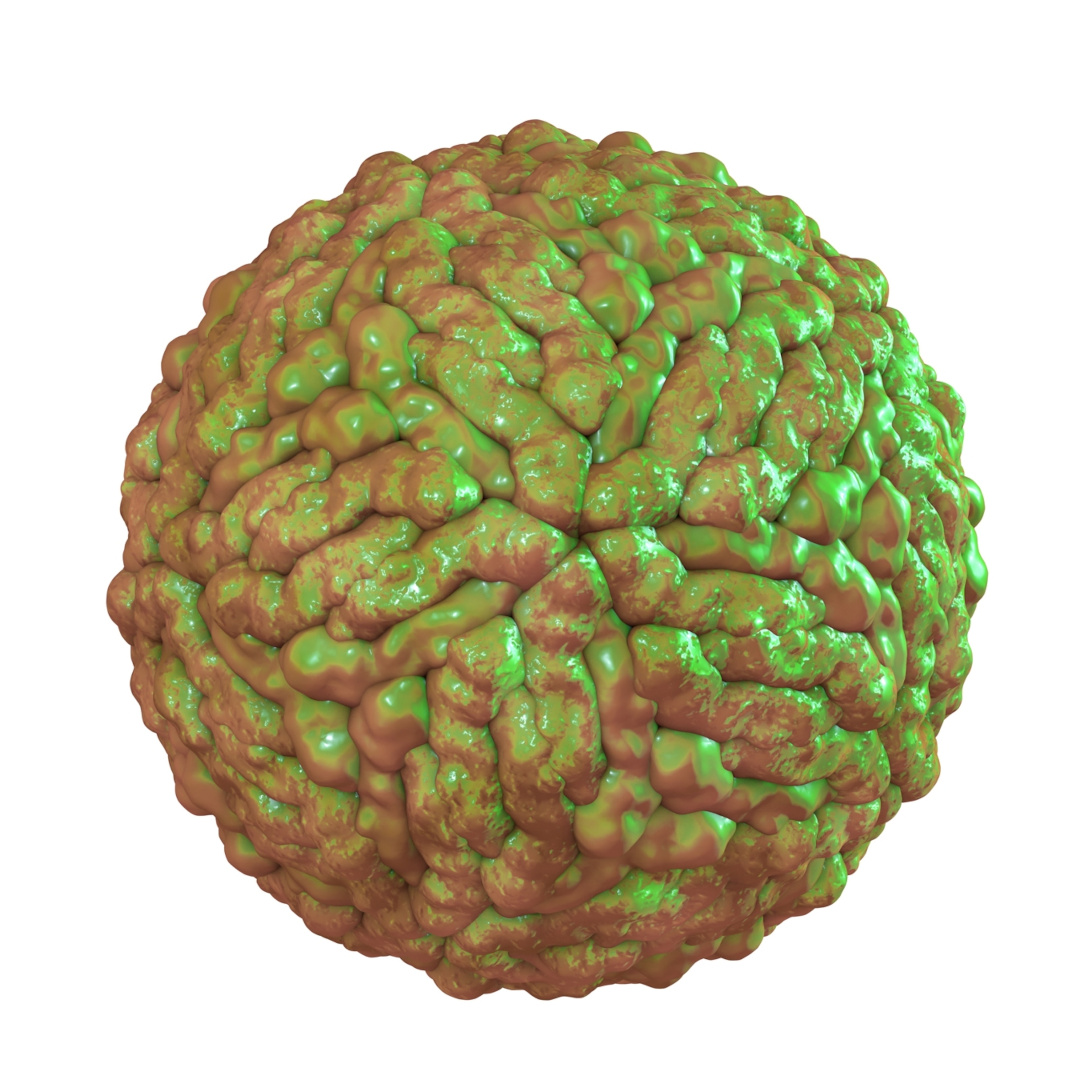
What Do Centenarians Know That the Rest of Us Don't?
A scientist who studies centenarians says lifestyle will get you past 80, but that good genes are needed to top 100.
Only about 5 people out of 1,000 live longer than a century.
For the most part, these people get the same illnesses as everyone else—they just get ill a few decades later. Nir Barzilai, director of the Institute for Aging Research at the Albert Einstein College of Medicine in New York, is trying to understand why. He's been studying large numbers of centenarians who share similar genetics.
Barzilai's work is featured in Breakthrough: The Age of Aging, which airs on the National Geographic Channel this Sunday at 9 p.m. Eastern. The episode is directed by Ron Howard.
Barzilai is conducting a major study on the diabetes drug metformin, which he has shown can delay the diseases of aging in animals. He talked with National Geographic about his hope that the same will be true for people, about his broader research into aging, and about the outlook for his own old age.
Your research shows that genetics are crucial for getting someone past the century mark. Does genetics trump lifestyle–what we eat, whether we smoke, etc.?
Lifestyle is important. We don’t know the extent of what’s important. If we do what the doctors tell us to do—if we exercise and treat our hypertension and diabetes, we don’t smoke, and all those things–we are [more] likely to live over the age of 80.
Did the centenarians in your study live longer because of their lifestyles or despite them?
Our centenarians as a group didn’t behave the way the doctors tell us to behave. Fifty percent were overweight or obese; 50% of the men and 30% of the women were smoking most of their lives. So it’s not that they did what the doctor told them to. It’s that they were protected the way most people are not protected.
What do centenarians die from?
Centenarians die from the same diseases that people who are 20 to 30 years younger than them die from. It suggests that it’s the delay of aging, not the protection from one disease, that is important.

In your studies of centenarians, you have chosen to focus on Ashkenazi Jews–those with a European heritage. Why?
It’s not because they live longer or shorter, but because they’re genetically more similar. Icelandic people would be the best. They are half a million people who are the children of 5 Vikings and 4 Irish women. Ashkenazi Jews are also [relatively] homogenous with their education and social economy, which in the United States is a major cause for health discrepancies.
You have been searching for genes that might explain the longevity advantage of centenarians. What have you discovered?
We found new genes that are modulating cholesterol—not the bad cholesterol but the good cholesterol: HDL and also triglycerides.
And their genes regulating growth are blocked?
You know how people in sports are taking growth hormones and charlatan doctors are giving growth hormones to elderly people? It’s the opposite. It’s when you modulate the growth hormones and don’t give them—that’s when longevity goes up. It happens across nature. Ponies live longer than horses. The little dogs live longer than large dogs.
Does that mean that short people have a better shot at a longer life than tall people?
Height is controlled by hundreds of genes, not all of them are like the growth hormone gene. There is some evidence that short people live longer, but it’s not a major effect.
Won’t restricting growth hormones negatively affect the brain?
We think that the brain needs growth hormone but not the rest of the body, so we’re looking for models that will achieve that. [In mouse studies] we’re using antibodies that block the growth hormone receptors, but don’t get through the brain, so we’re actually using that to shift the growth hormone action from the periphery to the brain. Our mice live much longer that way.
Do you have the longevity genes yourself?
I don’t have longevity in my family and I’m concerned. I have a family history that is strong for diabetes on my mother’s side, and I became pre-diabetic about 3 years ago and I’m on metformin since.
You’re now studying metformin in 3,000 people ages 65 to 79. You don’t think that’s too late to have an impact on aging?
We haven’t proven it yet, but we don’t think it’s too late. What’s the best time to start? We’ll have to discover that.
Will there be side effects to life extension?
You have to be careful. Is metformin going to be good only? We hope. For 60 years, millions of [people have used it] and nothing bad has happened. But we’ll see.
Will metformin open the floodgates to new drugs that combat aging?
Metformin is the way to pave the road. Once the pharmaceuticals jump into this field, we will get better drugs. That’s why we think the next decade is really exciting.
People have been chasing the fountain of youth for centuries if not millennia. Have you found it?
The fountain of youth is not what we’re doing, but this is the first time that we understand enough about the biology and mechanisms [of aging] so we can really think of drugs that can help us.
What will being 80 be like in 20 years when you get there?
If you’re healthy, you have potential for fun for a much longer period of life. It’s the chronic debilitating diseases of aging that really turn you off. And it doesn’t have to happen.
This interview has been edited and condensed. Follow Karen Weintraub on Twitter at @kweintraub.







